Experiments of Benjamin Thompson:
One of the first experiments which rejected the caloric theory of the nature of heat was performed by Benjamin Thompson in the year 1798. Benjamin was an English engineer who was in charge of the boring of a cannon for the army. The cannon was being made by boring a hole in a solid metal cylinder. Benjamin noticed that an extremely large amount of heat was being produced during the boring (drilling) of the cannon due to which the borer, the metal bored and the metal chips (produced as a result of boring) all became very hot. And the heat continued to be produced as long as the borer was turned and boring takes place. Benjamin said that initially, the borer and the metal to be bored, both were at the same temperature, then from where was all this heat coming? To this, the supporters of the caloric theory of heat replied that “This heat was caused by the caloric being squeezed out of the metal cylinder being bored by the action of borer. Not satisfied with this explanation. Benjamin wanted to see if the supply of caloric in the metal cylinder could be exhausted by long-continued boring. He purposely blunted the borer so that it would not cut the metal and found that heat flowed from the metal cylinder, hour after hour, endlessly, as long as the borer was turned. From these observations, Benjamin came to the following conclusions-
(1) From the observation that an unlimited amount of heat could be produced by turning a blunt borer over a small metal cylinder, Benjamin concluded that heat was not fluid at all. If the heat had been a material substance called caloric, it would have been exhausted by long-continued boring.
(2) From the observation that heat was produced only when the borer was pressed hard against the metal cylinder and turned by applying a considerable force. Benjamin concluded that the source of heat was the mechanical energy (or work) spent in turning the borer or drilling machine. Benjamin said that during the boring of the cannon, the mechanical energy expended in turning the borer gets converted into heat by friction. He said that heat was not a fluid, it was only a form of energy. Whenever mechanical energy (or work) disappears, heat is produced. Thus, there is a relation between work done and heat produced. In the period 1840 to 1850, many experiments were carried out by another scientist James Joule which confirmed the view of Benjamin that: Heat is a form of energy, it is not fluid at all.
What is Caloric Theory of Heat?
According to the caloric theory of heat, “Heat was considered to be a weight-less fluid called caloric (or thermogen), which could be squeezed out of matter by friction, like water from a sponge”.
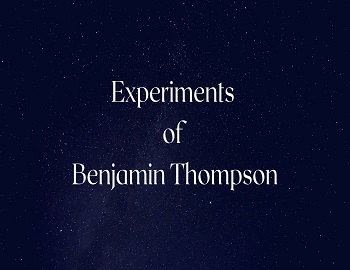

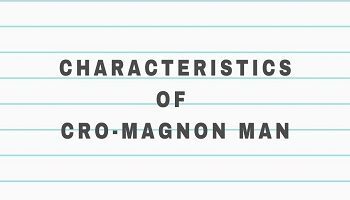
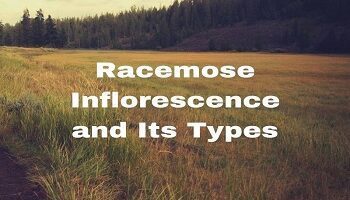
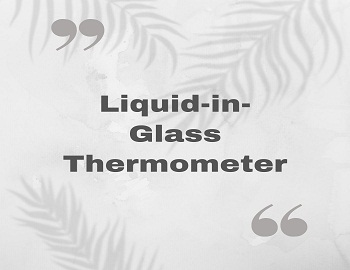
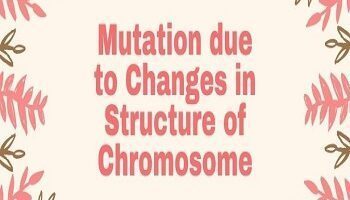
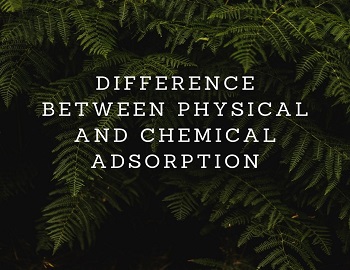
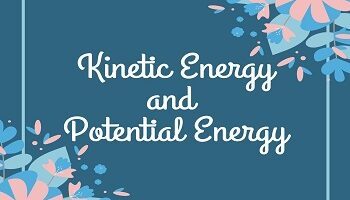

Comments (No)